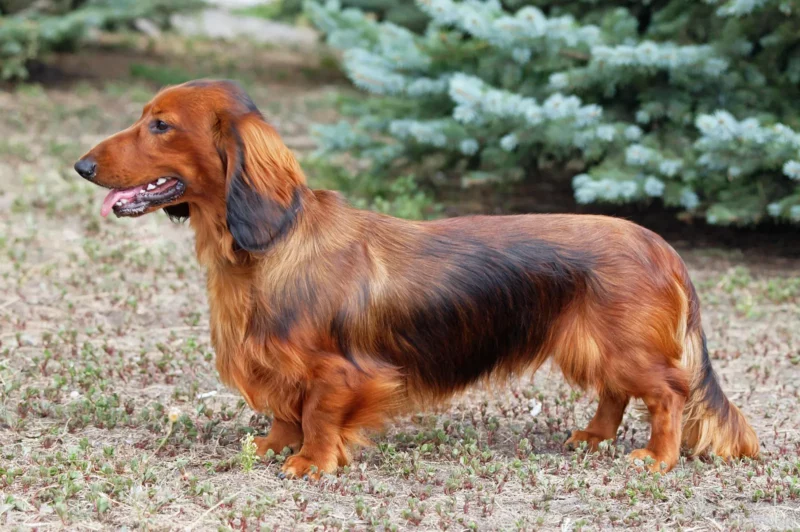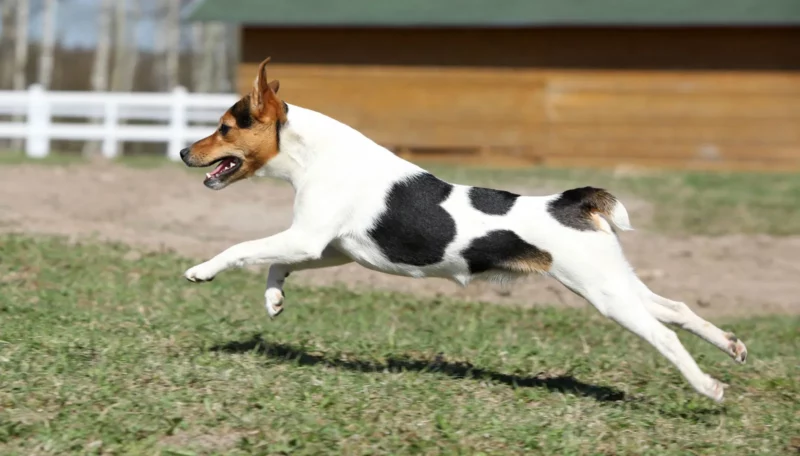Dogs, our beloved furry companions, have an incredible capacity for love and loyalty. While the majority of dogs are gentle and affectionate, it’s important to recognize that any dog, regardless of breed, has the potential to bite under certain circumstances. In this article, let’s probe the world of dog behavior and discuss eight adorable dog breeds that may have a higher tendency to bite. Understanding the factors that contribute to biting behavior can help us become more responsible pet owners and promote safer interactions between humans and our canine friends.
Table of Contents
Beneath the Cuteness: Exploring Dog Breeds and Biting Behavior
Our furry friends bring joy and companionship, but it’s essential to acknowledge that any dog can bite. Let’s delve into the reasons behind biting behavior and discover eight breeds that may have a higher likelihood of biting.
Chihuahua – Small but Mighty Protector

Chihuahuas may be pint-sized, but their feisty and protective nature can lead to biting in certain situations. Their loyalty to their owners can sometimes translate into territorial behavior, especially if they feel threatened.
Dachshund – Fiery Determination in a Small Package

Dachshunds are known for their fearless attitudes and strong-willed personalities. While their adorable appearance might deceive, their assertive tendency can occasionally result in biting, particularly when they feel challenged.
Jack Russell Terrier – High Energy, High Alertness

Jack Russell Terriers are bursting with energy and intelligence. Their active minds and need for constant engagement can make them prone to nipping or biting when they’re not properly stimulated.
Cocker Spaniel – Guarding Their Space

Cocker Spaniels, with their affectionate nature, can sometimes become possessive of their space and belongings. This guarding behavior can escalate to biting if they perceive a threat to their territory.
Australian Cattle Dog – The Worker’s Instinct

Australian Cattle Dogs are highly intelligent and were bred for herding. Their strong work ethic can lead to nipping or biting as they try to control their surroundings or even their human companions.
Shetland Sheepdog – Herding Instincts in Play

Shetland Sheepdogs have herding instincts deeply ingrained in their behavior. While they may attempt to herd people or other pets, their attempts can be misinterpreted as aggressive, potentially leading to biting.
Pekingese – A Regal Bite Reflex

Pekingese dogs are known for their royal appearance and independent spirit. When they feel threatened or cornered, they may resort to biting as a defensive mechanism to protect themselves.
Chow Chow – Aloof Guardians

Chow Chows have a reputation for being aloof and independent. Their strong sense of territory and natural guarding instincts can result in biting if they perceive a potential threat.
Conclusion:
Every dog, regardless of breed, has its own unique temperament and behaviors. It’s crucial to approach all dogs with care, respect, and responsible ownership. While these eight adorable dog breeds may have a higher potential for biting, proper training, socialization, and understanding their individual needs can mitigate the risk of biting incidents and foster safer interactions between dogs and humans.
FAQs:
Q: Are these breeds more likely to bite than others?
A: These breeds may have certain tendencies, but biting behavior can be influenced by various factors, including training, socialization, and individual temperament.
Q: Can proper training prevent biting in these breeds?
A: Yes, consistent training, positive reinforcement, and early socialization are crucial in preventing biting behavior in any breed.
Q: Are these breeds suitable for families with children?
A: With proper training and supervision, many of these breeds can be wonderful family companions. However, families should be aware of potential tendencies and take appropriate precautions.
Q: How can I prevent biting incidents with my dog?
A: Understanding your dog’s body language, providing proper training, and avoiding situations that may trigger fear or aggression are key steps in preventing biting.
Q: Can mixed-breed dogs also exhibit biting behavior?
A: Yes, any dog, regardless of breed, can exhibit biting behavior if not properly trained, socialized, or if they feel threatened. Responsible ownership and understanding canine behavior are essential for all dogs.






